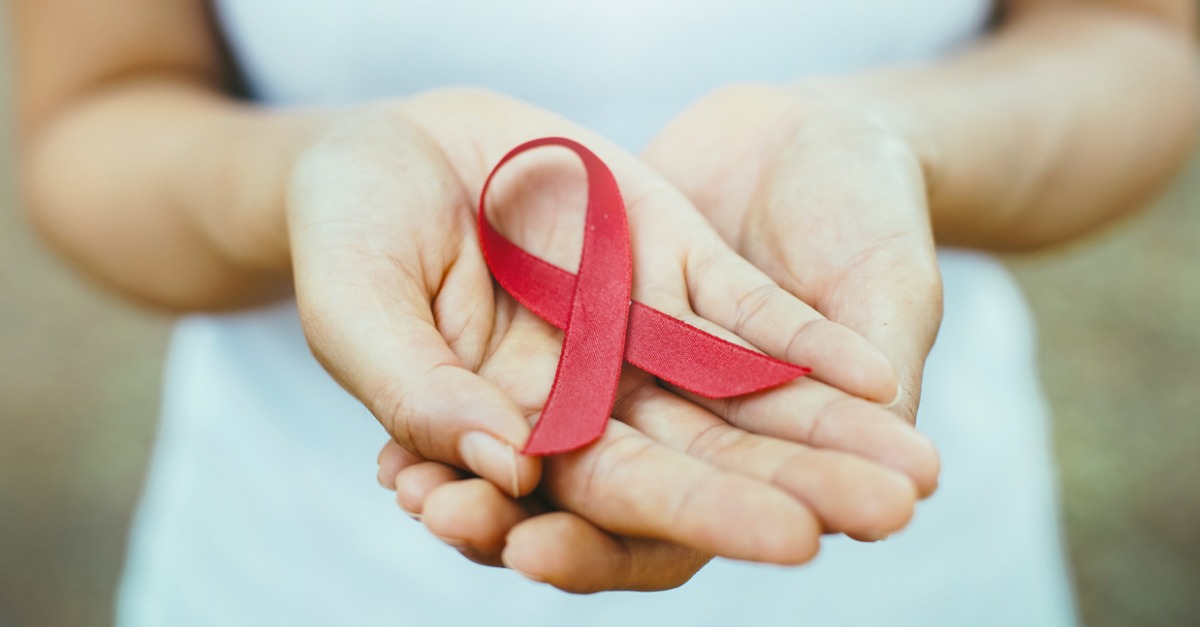Disease prevention is an important part of healthcare, but it is especially true when it comes to HIV, a sexually transmitted infection (STI) that can lead to serious health problems if left untreated. Here’s what you need to know about HIV and what you can do to prevent becoming infected yourself.
What is HIV?
HIV (Human Immunodeficiency Virus) is a virus that attacks the immune system of your body. Left unchecked, HIV can transition into AIDS (Acquired Immunodeficiency Syndrome), a late-stage of the illness that can be fatal. HIV significantly weakens your immune system, making it difficult to combat sickness and infections like the flu. Since there is currently no cure for HIV, once you acquire the virus, you live with it for the rest of your life. There are medicines that can keep HIV from becoming AIDS, but prevention can help protect against getting HIV.
Symptoms
HIV is categorized by three stages of infection before becoming AIDS: acute HIV, chronic HIV, and AIDS. Symptoms of HIV in its early stage can be hard to identify, as they mimic those of the flu. And some people don’t experience any symptoms at all.
Here’s what the first two stages of HIV may entail:
- Chills
- Fever
- Swollen lymph nodes
- Skin rash
- Sore throat
- Aches and pains
- Nausea
- Headaches
As the disease progresses into later stages, some of the above symptoms remain, while others may develop, too:
- Recurrent fevers
- Fatigue
- Nausea and vomiting
- Weight loss
- Diarrhea
- Pneumonia
- Recurrent vaginal and/or oral yeast infections
- Shingles
Transmission
HIV is transmitted through bodily fluids like blood, semen, vaginal or rectal fluids exchanged primarily during unprotected sex. You can also get infected by sharing needles or through unsanitary tattoo needles. HIV can also be passed to an infant during pregnancy, birth, or breastfeeding. You can’t get infected through everyday forms of contact such as hugging or shaking hands. It also can’t be spread through airborne droplets (like sneezes), insect bites, or water.
Risk Factors
Anyone can be infected with HIV regardless of race, gender identity, age, or sexual orientation. Even so, certain activities can increase your risk of developing HIV. For example, anal sex is riskier than vaginal sex. Having multiple sex partners also increases your risk of developing HIV.
Some well-known risk factors include:
- Engaging in unprotected sex of any kind
- Men who have sex with men (MSM)
- Commercial sex work
- Being in a sexual relationship with someone who is at high-risk for HIV or who has HIV
- Injecting illegal drugs, particularly if sharing needles
- Having a recent STI (sexually transmitted infection) infection in the last six months
HIV Prevention
Pre-exposure prophylaxis (PrEP) and safe sex practices are key to HIV prevention and to decreasing HIV transmission. When engaging in vaginal and/or anal sex, always wear a condom. HIV prevention medication or PrEP can be used to decrease the risk of HIV transmission by 99%.
Taking these precautions whenever you have sex will significantly reduce your risk of infection.
Here are some other ways you can prevent the spread of HIV:
- Get tested for HIV and encourage your partner(s) to do the same. People living through early stages of HIV don’t always have symptoms, so it’s important to get tested so that you do not pass it along to your partner.
- Restrict your number of sexual partners. Having sex with multiple partners increases your risk of coming into contact with someone with uncontrolled HIV.
- Never inject drugs without using sterile drug injection equipment, and never share your equipment with others.
- Get tested and treated for STIs, as they can cause sores on your genitals that make it easier for HIV to be transmitted. Encourage your partner(s) to do the same.
- Talk to your doctor about taking PrEP This is a medication that prevents HIV in people who don’t have the virus or may be at risk of infection.
YourTown Health is dedicated to preventing the spread of HIV through affordable, compassionate, and high-quality healthcare. Our Primary Care HIV Prevention Program provides HIV/AIDS services and treatment at a reduced or waived cost. Contact us online for more information.

